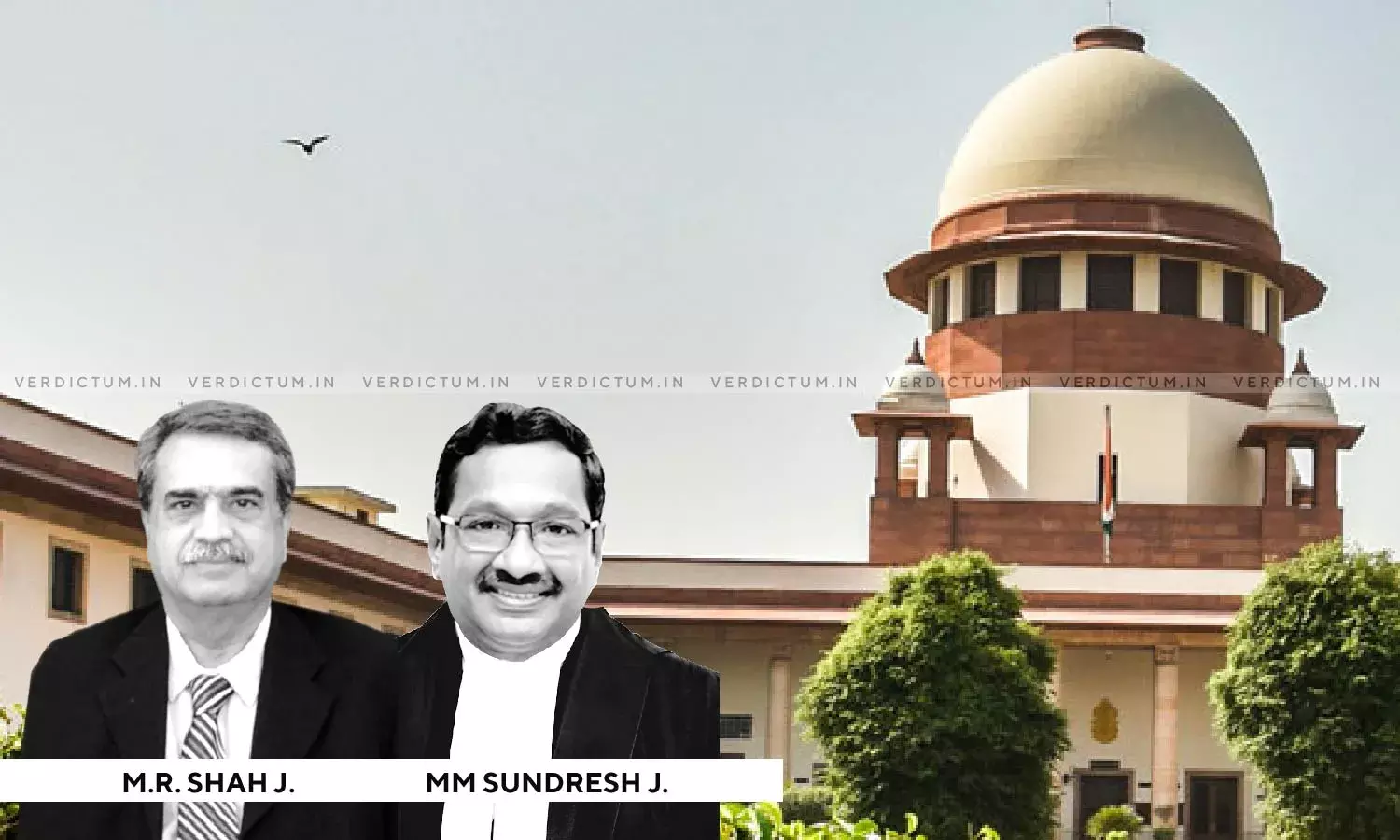SC Upholds Constitutional Validity Of Section 140(5) Of Companies Act, Says Proceedings Under Section 140(5) Will Continue Despite Auditor’s Resignation

The Supreme Court has upheld the constitutional validity of Section 140(5) of Companies Act 2013, which deals with the removal and resignation of auditors. The Court held that Section 140(5) cannot be said to be arbitrary, excessive and violative of Article 14 of the Constitution or violative of fundamental rights.
The bench of Justice MR Shah and Justice MM Sundresh termed as erroneous Bombay High Court’s view that once the auditor resigns as an auditor or is no more an auditor on his resignation, thereafter Section 140(5) proceedings are no longer maintainable.
“Subsequent resignation of an auditor after the application is filed under section 140(5) by itself shall not terminate the proceedings under section 140(5). Resignation and/or removal of an auditor cannot be said to be an end of the proceedings under section 140(5)”, the Court said.
The Court was dealing with a plea challenging Bombay High Court’s Order which had quashed the SFIO investigation against two audit firms BSR and Associates and Deloitte Haskins and Sells in connection with the IL&FS fraud case.
The Court set aside the impugned judgment and order passed by the High Court quashing and setting aside the NCLT order holding that even after the resignation of the auditors, the proceedings under section 140(5) shall be maintainable. The Court also quashed the impugned judgment and order passed by the High Court quashing and setting aside the prosecution lodged by the SFIO.
The Court observed “…on true interpretation and scheme of Section 140(5) of the Act, 2013, once the enquiry/proceedings is/are initiated under first part of section 140(5) of the Act, either suo motu by the Tribunal or on an application made to it by the Central Government or by any person concerned, it must come to its logical end and irrespective of the fact whether during such enquiry/proceedings the auditor has resigned or not, there must be a final order to be passed by the Tribunal on whether such an auditor has, in fact, directly or indirectly, acted in a fraudulent manner or not.”
The Court also noted that if the interpretation given by the High Court that once an auditor resigns, the proceedings under section 140(5) stand terminated and are no longer further required to be proceeded, in that case, an auditor to avoid the final order and the consequence of final order as provided under the second proviso to section 140(5) may resign and avoid any final order by the Tribunal.
The Court said that an auditor, who has, directly or indirectly, acted in a fraudulent manner, to avoid any further consequence under the second proviso to section 140(5), resigns to avoid any consequence under the second proviso to section 140(5), it cannot be permitted.
It was the case on behalf of the original writ petitioners on the constitutionality/vires of section 140(5) that section 140(5) is excessive and arbitrary as it provides unguided and untrammelled powers to NCLT for determination of a serious offence of fraud and consequence of mandatory disqualification with grave consequences akin to civil death.
To that end the Court held “The aforesaid has no substance. As observed hereinabove, NCLT shall exercise the quasi-judicial powers under section 140(5) with all the powers akin to civil court. Ample opportunity shall be given by the NCLT before passing any final order”
The Court also held “Auditors play very important role in the affairs of the company and therefore they have to act in the larger public interest and all other stakeholders including investors etc. Chapter X of the Act specifically for the “Audit and Auditors” looking to the importance of the auditors. Therefore, section 140(5) cannot be said to be discriminatory and/or violative of Article 14 of the Constitution of India.”
Cause Title- Union of India and Another v. Deloitte Haskins and Sells LLP & Anr
Click here to read/download Judgment

